Plates4less.co.uk presented a poll as part of its Facebook campaign that targeted men and women, aged over 18 years, possessing an interest in both motor vehicles and politics. It attracted almost 4,000 responses. The company discovered a range of views regarding what might be afflicting the UK’s sometime-flourishing motoring scene.
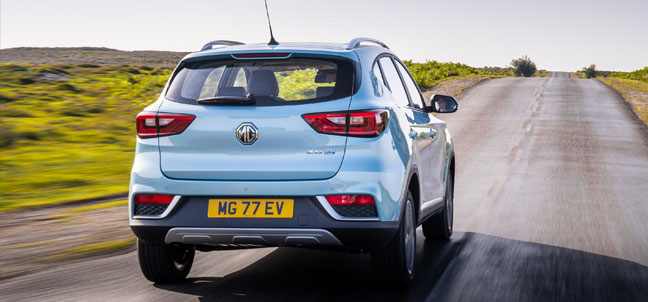
Naturally, not everyone agreed on the reasons for our motor industry’s decline, many respondents confirming there was a ‘common’ reluctance to purchase new these days, whether it be due to cost, environmental concerns, or a desire to wait for newer, different options. Yet, there was agreement that the issue is a complex one unlikely to be the result of one factor alone. In my view, outright purchase is being overhauled progressively by manufacturer-incentivised and even significantly underwritten ‘lease’ deals.
• According to 38.5% of the results, new government regulations were reported as the most significant factor. Regulations concerning diesel, for example, means fewer people are buying vehicles relying on such fuel. The truth is, there is no single truth being promoted about fossil fuels, which adds to the confusion.
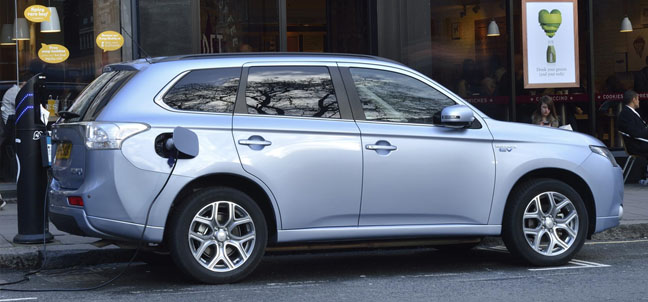
• 14.3% blamed Brexit, with companies moving their operations out of the UK to avoid expensive import tariffs and delays. Personally, I believe this to be a convenient ‘red herring’, because nobody really knows the implications.
• 7% specified it was the uncertainty surrounding a Brexit deal that was damaging the industry, with expensive contingency plans prepared in case of an unsatisfactory deal. ‘Uncertainty’ from a consumer viewpoint is a major issue, in a field where stability and direction are essential.
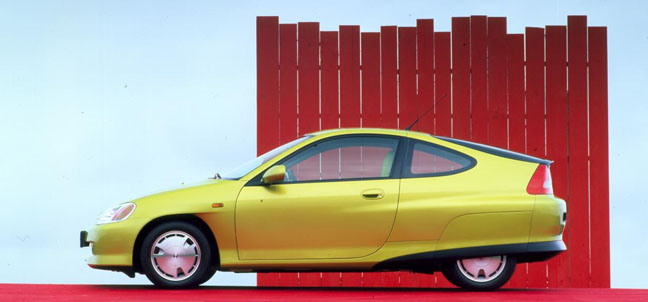
• 11.6% of those taking part in the poll suggested wider global economic issues were responsible as other countries within the EU are also suffering poor sales. This highlights a genuine problem but, as the UK motoring scene has always worked to different parameters, it is not as indicative as is being suggested.
• 9.4% claimed that cars last longer now, so there is less of a need to replace them, thus less demand. Ironically, the consumer demand for durability and longevity will always be overtaken by cyclical model replacements and a desire to ‘own’ the latest version.
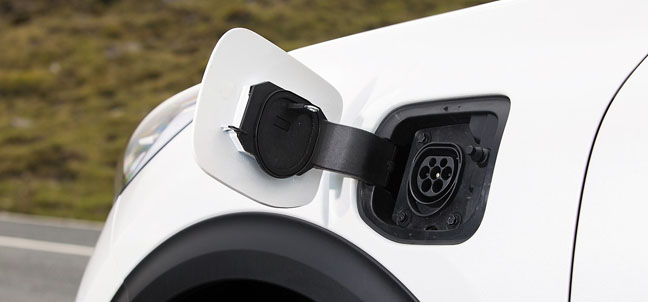
• 18.3% selected 'other' as their answer, with many noting the development of electric cars as a factor affecting the sales of petrol and diesel vehicles. This is a virtual irrelevance, when less than 1% of the total UK new car market is populated by EVs, despite continual browbeating by government. High EV unit costs and low availability of renewable resources are significant aspects to be dealt with.
• Less than 1% stated they did not know what might be affecting the UK’s motor industry.
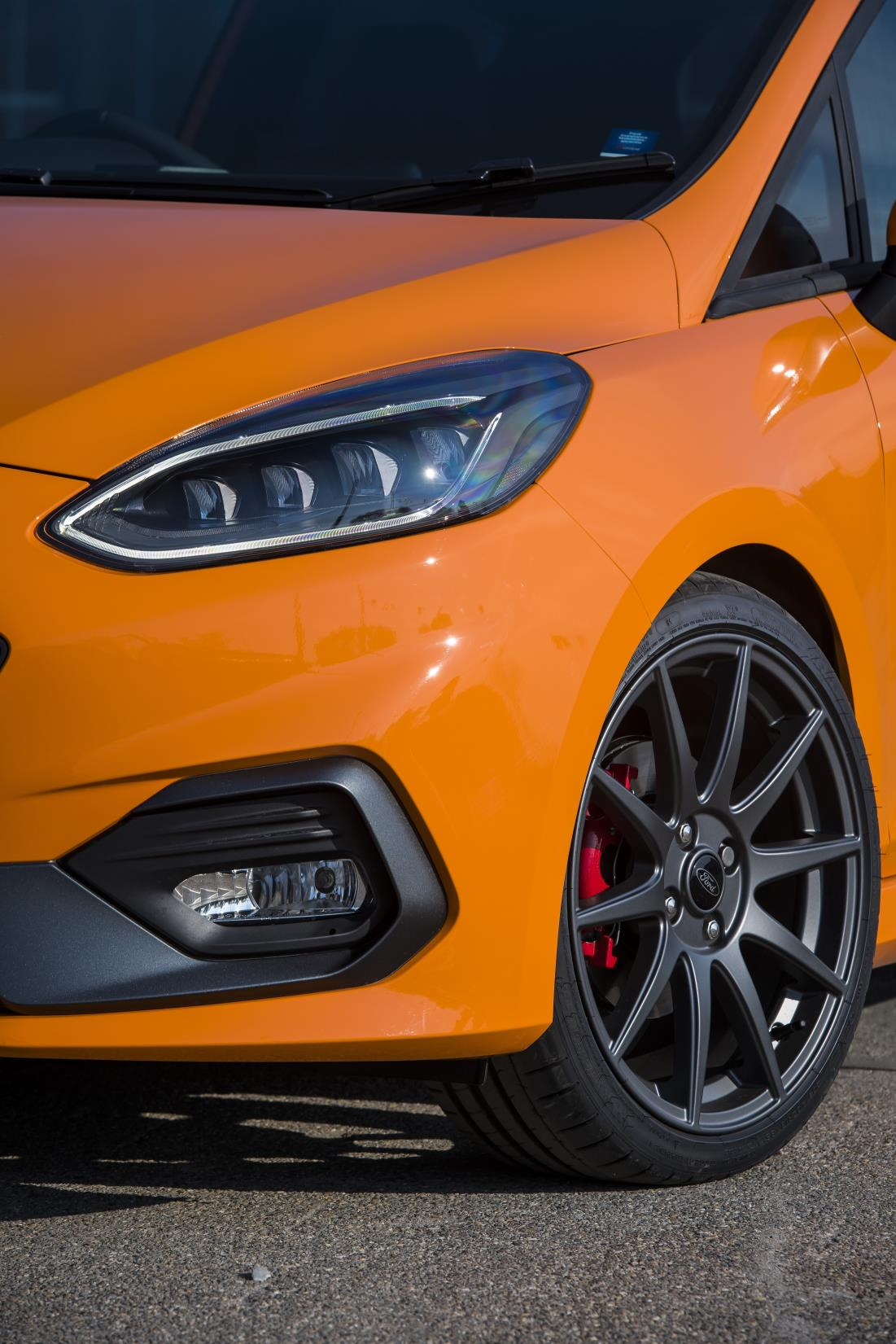
There was also a great deal of conversation within the Facebook thread, with other possibilities suggested and discussed, some of it rather passionately! However, the basic truth lies at the door of British management malaise. Hammered by takeovers and, in many cases, foreign political issues (such as Renault and PSA Groups having French governmental stakes; the on-going subterfuge by Chinese carmakers snaffling-up their rivals; the strong federal pressures placed on German carmakers), it should come as no surprise that politics and vehicle manufacturing are convenient bed-partners.